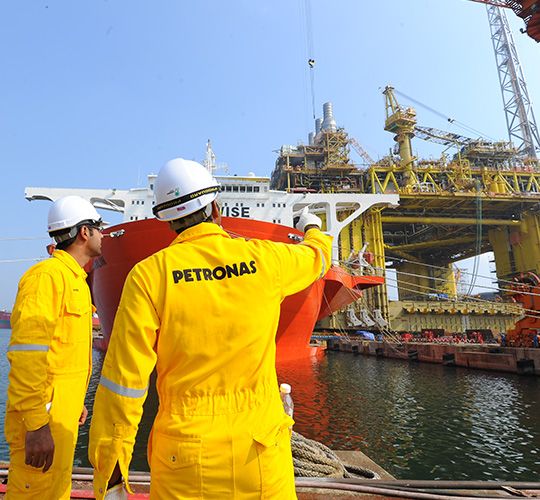The Economic Commission for Latin America and the Caribbean (ECLAC) highlighted that the prices of energy products, mainly oil, are projected to be 58% higher in the current year compared to their average level in 2020.
Likewise, it is estimated that the prices of metals and minerals would be 38% higher this year and that the prices of agri-food products would be 20% above the average levels of 2020.
This dynamics is explained, to a large extent, by higher world demand and, in the case of agricultural products, also by supply issues.

In general, according to ECLAC, the recovery in world trade has been accompanied by an increase in the prices of basic products exported by the region, which in 2021 would be 38% higher on average.
Already so far in 2021, global financial markets have been favored by the improvement in economic activity, greater fiscal stimuli, and advances in pandemic control and in the vaccination process, particularly in the United States and Europe.
ECLAC
The growth of the world economy is subject to uncertainties that can have direct effects on the growth of Latin America and the Caribbean.
In addition to the uncertainties arising from the trajectory of the pandemic, such as the slow global advance in vaccination, which would allow the virus to mutate even more and be difficult to control, there are also those that may lead to an adjustment of expansionary policies in the developed countries.
From the ECLAC perspective, financial conditions could tighten as a result of a reassessment of the prospects for monetary policy in advanced economies if inflation expectations rise faster than expected.
These elements would imply greater restrictions for the economies of the region, which would affect their capacity for recovery.
World trade has followed the trajectory of world GDP and in the first four months of 2021 it grew at double-digit year-on-year rates, mainly due to the very low base of comparison that constitutes the same months of 2020.
For this reason, these rates are expected to moderate over the course of the year and trade volume growth is expected to be around 8% in 2021.
![]()

